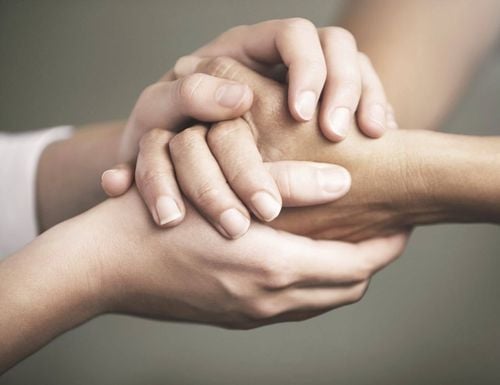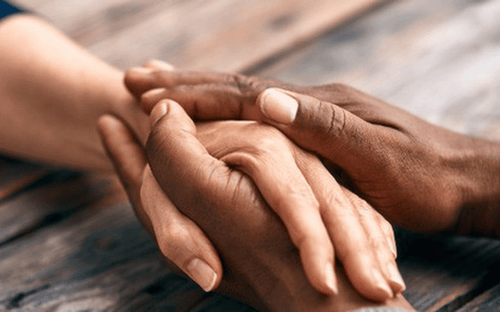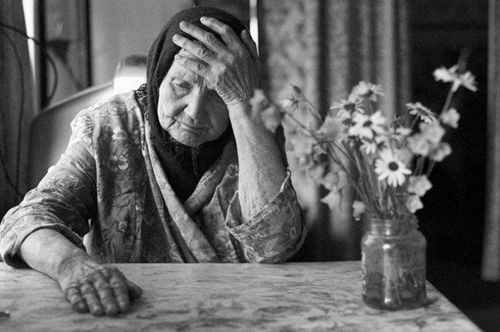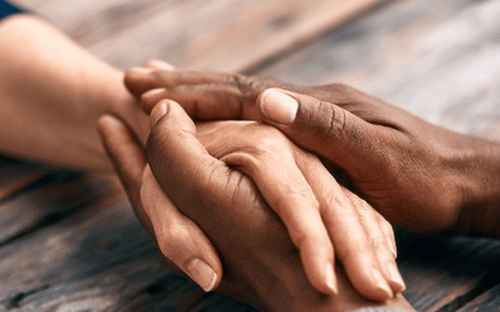This is an automatically translated article.
Our relationships and ability to connect with others are crucial to a happy and fulfilling life. Sometimes, we may realize that having an extra relationship will make us happier. But for people who are psychologically vulnerable, socializing and making friends is not an easy thing.
1. What is Psychological Vulnerability?
Vulnerability is unstable, sensitive, prone to negative emotional consequences. That's when you try something new, get out of your comfort zone, or put yourself in a situation where you can lose control. It's like the unusual surge of emotion you get when you do something for the first time. But if the results are not as expected, you will feel hurt, easily disoriented and difficult to do again.
Traditionally, we've seen vulnerability as a weakness. So when you think back to a time when you felt hurt or exposed, you often shudder, feel embarrassed, and alone. However, when you think about it more carefully, those are the times when you dare to put yourself out emotionally.
Perhaps the idea of putting yourself out emotionally doesn't have much appeal to you. However, you should also know that vulnerability is also the root of everything you desire. That's where love, possession, joy, courage, empathy and creativity come into play. So whenever you feel vulnerable, remember that this is a natural part of growing and expanding.
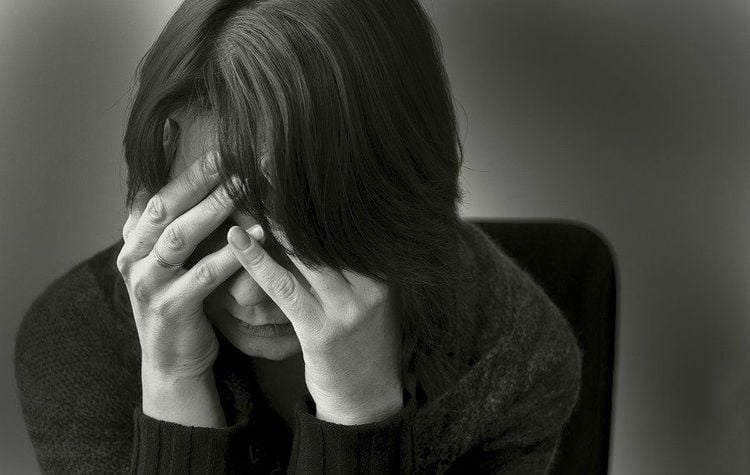
Tổn thương tâm lý có thể dẫn đến tiêu cực về mặt cảm xúc
2. Why should psychological trauma be concerned?
Psychologically, vulnerability is an important measure of courage and it allows people to be seen and understood by the important people in their lives. Vulnerability is also an important way to cultivate authenticity, possessiveness, and love. Besides, when you are able to accept vulnerability, you find that you enjoy important mental benefits such as:
2.1 Greater strength Putting yourself in situations where you feel comfortable Getting hurt can be a way for you to gain confidence and confidence in your ability to handle difficult situations. This makes you more resilient in the face of life's difficulties.
2.2 Stronger Relationships Vulnerability is also a way to cultivate intimacy. It can deepen your compassion, empathy, and connection with others in your life.
2.3 Improve self-acceptance Vulnerability allows you to accept and welcome different sides of yourself. This can foster great confidence and honesty.
So why are people so often afraid of getting hurt if that's a good thing? Vulnerability is linked to a number of other challenging emotional states. For example, it often plays a role in difficult emotions such as frustration, shame, fear, and grief. The fear of being hurt is also often related to the fear of rejection or abandonment.
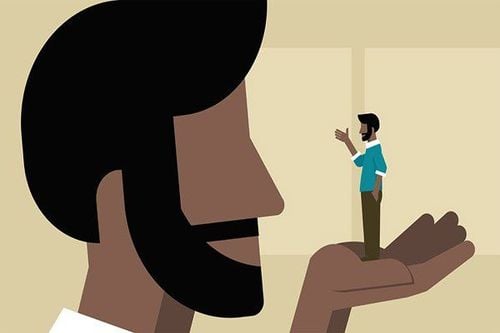
Dễ bị tổn thương có thể giúp cải thiện khả năng chấp nhận bản thân
3. What should you do when you are vulnerable?
You won't find any solution if you don't confront the potentially traumatic problems for yourself. Therefore, it is extremely important to identify and confront these things. First, learn to accept new opportunities despite rejection, talk about mistakes you've made, share personal thoughts that you normally keep private, proactive. feeling difficult emotions like shame, grief, or fear, reconnecting with someone you once loved, being honest about what you need in a relationship, including boundaries and expectations yours. How you've been hurt before, find ways to reduce your risk of being hurt again by not repeating the path of the past.
After identifying your own psychological trauma, depending on the extent and circumstances, you can apply some treatment methods from the doctor. However, there is an extremely important point you need to pay attention to: learning to love yourself. Loving yourself is one of the hardest lessons you will ever face. Everyone has flaws, imperfections, embarrassing stories, and past mistakes that they wish they could forget. However that's not what you remember about them. You remember their victories and shining moments. So why do you always look into your hidden corners to make yourself more self-confident in life?
One way to improve complete self-acceptance is to treat yourself the way you would treat a friend or loved one. Show the empathy and compassion you would show to others in the same situation. When you really learn to accept and love yourself, you'll find it easier to get over the hurt, and think more optimistically. If your sense of self-worth is strong, you won't need others to accept or support it.
However, sometimes self-healing is not easy. Many people may seek the advice of a trusted mental health professional.
Please dial HOTLINE for more information or register for an appointment HERE. Download MyVinmec app to make appointments faster and to manage your bookings easily.




